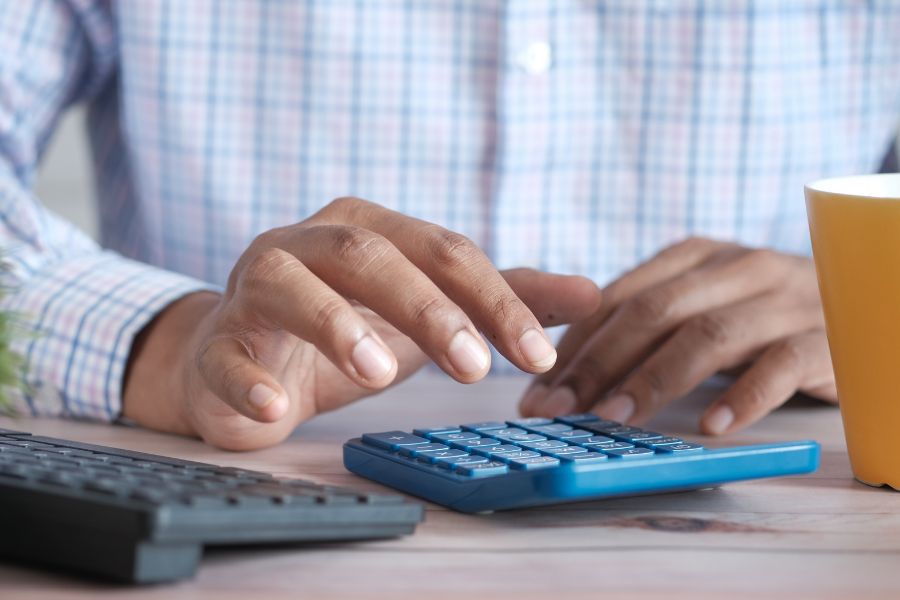
Ever wonder how you measure up to other guys your age when it comes to body mass index (BMI)? Thanks to new data from the Centers for Disease Control and Prevention (CDC), you can find out exactly where you stand based on your age and race.
The CDC’s BMI charts are based on data from the National Health and Nutrition Examination Survey (NHANES), which is a survey of a representative sample of the U.S. population. The chart shows that the average BMI for all men 20 and older is 29.4 — meaning most men in the U.S. are overweight.
The chart also shows that the average BMI for men varies by age. For example, the average BMI for men 20-29 years old is 27.6, the average BMI for men 40-49 years old is 30.1, and the average BMI for men 80 and older is 27.6.

How to calculate BMI
Want to know your BMI? Just divide your weight in kilograms by the square of your height in meters. If you use pounds and inches, do the same thing, but then multiply the answer by 703. That’s how BMI is calculated.
For example, if you’re 5 feet 10 inches tall and weigh 165 pounds, your BMI would be 23.7, which falls within the “healthy weight” range according to the CDC’s classification. Anything below 18.5 is underweight, and anything above 24.9 is overweight. People with a BMI of 30 and above are classified as obese.
If you’re not up for the math, plenty of BMI calculators online can do it for you. The CDC’s BMI calculator is a quick and easy way to get your results in seconds. Just enter your height and weight, and it’ll tell you your BMI and weight status. You can also buy a BMI scale that auto-generates your BMI when you step on it. They’re around $20 on Amazon.

What BMI can tell you about your health
While BMI can give you a general idea of how you stack up against other guys your age, it’s important to remember that it’s just one measure of health and shouldn’t be the only thing you consider. BMI doesn’t take into account muscle mass or body fat distribution, so it can be inaccurate for some people, like those who are very muscular or short.
Despite its limitations, understanding your weight status and making healthy lifestyle changes is still important. If your BMI is in the overweight or obese range, you can take steps to improve it, such as eating a healthy diet and getting regular physical activity.
By making these changes, you can reduce your risk of developing chronic health conditions such as heart disease, stroke, type 2 diabetes, and some types of cancer.



